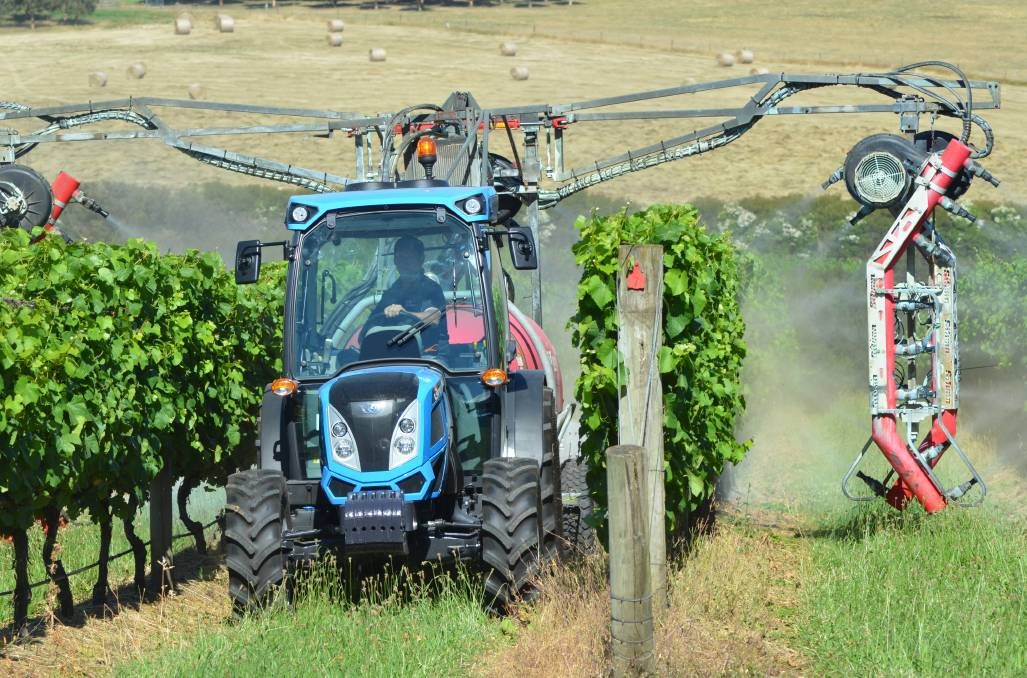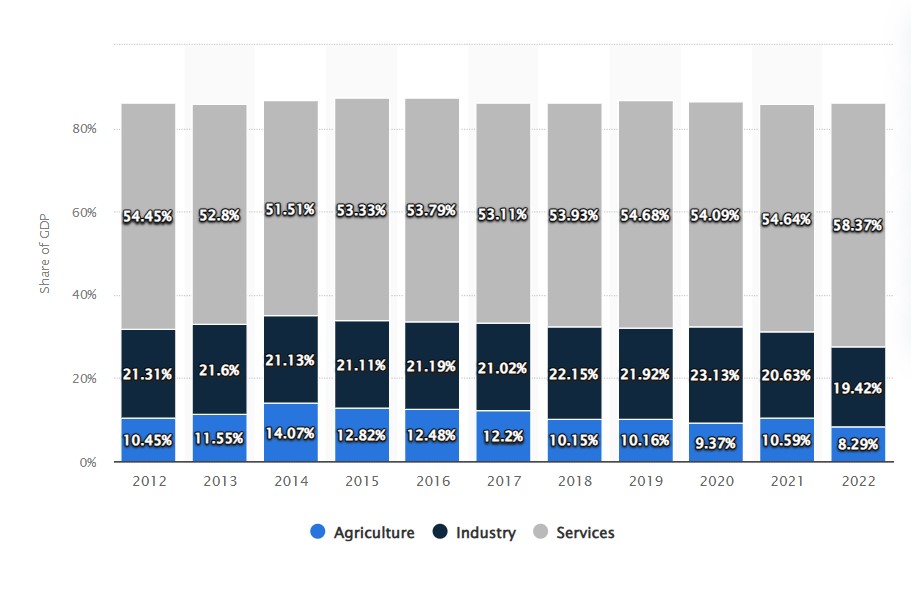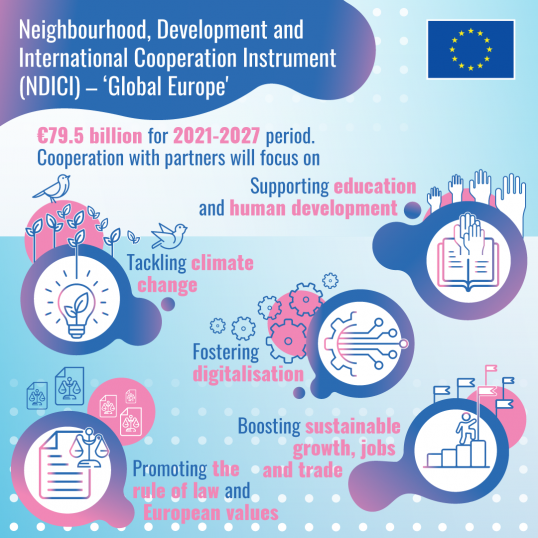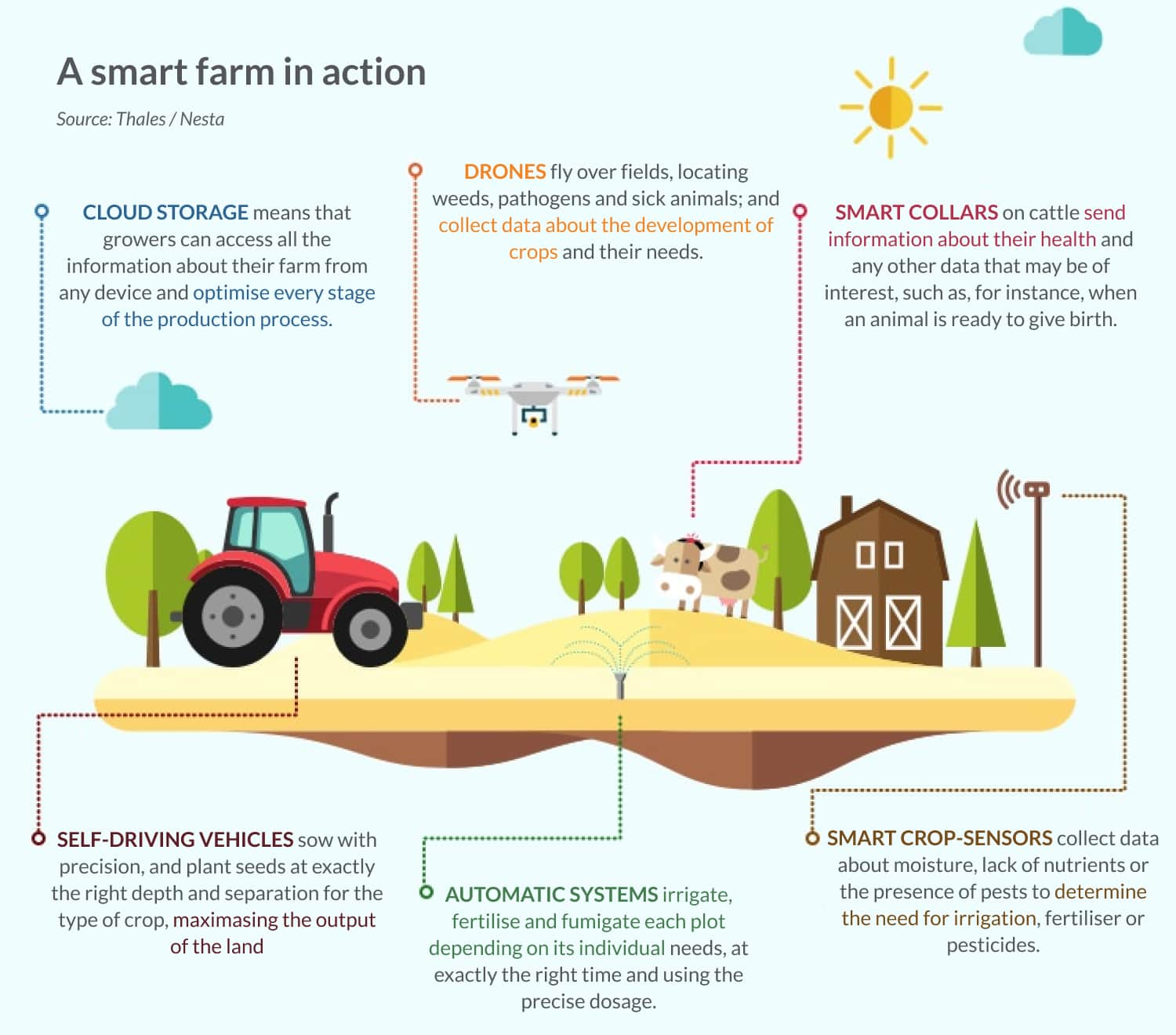
Agriculture is a cornerstone of Moldova's economy, employing over 21% of the labor force and contributing approximately 11% to the Gross Value Added (GVA) as of 2020.
Recognizing the sector’s potential, the European Union (EU) has prioritized agricultural support through various funding programs aimed at fostering sustainable growth, enhancing productivity, and improving quality standards.
This article explores the available EU funding opportunities specifically for Moldova’s agricultural sector, covering grants, loans, and eligibility criteria for accessing these resources.
I. Importance of the Agricultural Sector in Moldova
With fertile soils and favorable conditions, Moldova has a strong tradition in agriculture, especially in areas like wine production, horticulture, and grain cultivation.

However, the sector faces several challenges, including outdated farming methods, climate vulnerabilities, and limited access to financial resources. EU funding provides Moldova’s farmers and agribusinesses with the tools to modernize, adopt sustainable practices, and increase their competitiveness in European and global markets.
II. EU Funding Programs for Agriculture
The EU offers various funding mechanisms tailored to agriculture under its Neighbourhood and Enlargement Policy.
Moldova, as a part of the European Neighbourhood Policy (ENP), benefits from both grants and concessional loans through these initiatives.
Neighbourhood, Development, and International Cooperation Instrument (NDICI)
The NDICI is a major funding instrument that supports sustainable development in Moldova, including its agricultural sector. Under NDICI:
1. Rural Development Grants: Moldovan farmers can access grants for projects aimed at rural and agricultural development. These projects might involve upgrading equipment, improving irrigation systems, or implementing sustainable farming techniques.
2. Climate Resilience and Sustainable Agriculture: Funding is available for projects that promote climate-resilient agriculture, such as drought-resistant crops, soil preservation, and sustainable water management.

Green Transition Support: EU Green Deal Alignment
In line with the EU Green Deal, the EU emphasizes funding for green and sustainable practices in Moldova’s agriculture sector. Key areas include:
1. Organic Farming: EU grants support the transition to organic farming, offering Moldovan farmers opportunities to implement eco-friendly methods and meet EU standards for organic production.
2. Energy Efficiency: Renewable energy sources such as solar panels or bioenergy systems are eligible for EU funding. These systems help reduce energy costs and carbon emissions, making farms more sustainable.
3. Smart Agriculture and Digitalization: Precision farming, data management, and digital tools for monitoring soil, water, and crop health are also prioritized. Funding is available to adopt these technologies, helping farmers optimize resources and reduce waste.
Technical Assistance and Information Exchange (TAIEX)
The TAIEX program offers technical assistance to Moldovan farmers, cooperatives, and agricultural authorities. This assistance includes:
1. Capacity Building: Training programs for modern farming techniques, EU regulations, and sustainable practices are available to help farmers improve productivity.
2. Expert Exchanges: Moldovan agricultural entities can work directly with EU experts, benefiting from technical guidance and knowledge transfer.
European Investment Bank (EIB) Loans
The EIB provides concessional loans to support agricultural businesses, often through local banks and financial intermediaries. These loans come with competitive interest rates and are designed to support:
1. Equipment Modernization: Funding for purchasing or upgrading farm machinery and processing equipment to improve efficiency and productivity.
2. Irrigation and Water Management: Loans for sustainable irrigation systems help Moldovan farmers tackle water scarcity issues while reducing their environmental impact.
3. Agri-Processing and Export Development: EIB loans support the expansion of Moldova’s agri-processing sector, focusing on meeting EU export standards and increasing the sector's value-added capacity.
The advantages of receiving EU Loans
1. Loans come with significantly lower interest rates compared to Moldavan commercial banks, typically 30% to 40% lower, thanks to guarantees provided by the European Commission (as of October 6, 2024).
2. The loans’ maturity ranges from 10 to 35 years, offering flexible repayment periods.
3. EBRD and EIB provide loans with high LTV ratios (>90%). Also, they are more flexible with collateral than commercial banks. They might accept non-traditional forms of security or structured collateral arrangements, such as pledges of project assets, assignment of project revenues and guarantees from multilateral agencies.
4. Additionally, some of these loans are structured as interest-only loans, where the borrower pays only the interest on the principal for a specified period, usually at the beginning of the loan term.
III. Eligibility Requirements for EU Agricultural Funding
Moldovan farmers, cooperatives, agribusinesses, and related organizations may be eligible for EU funding if they meet certain requirements, including:
1. Alignment with EU Priorities: Projects must align with EU goals, particularly sustainability, productivity, and climate resilience. Agricultural initiatives involving renewable energy, digitalization, and organic practices are especially encouraged.
2. Financial and Technical Viability: Applicants need to demonstrate the project's viability, both financially and technically, showing clear benefits for Moldova's agricultural sector and a plan for effective project implementation.
3. Compliance with EU Standards: Agricultural projects must adhere to EU standards, especially for quality control, food safety, and environmental protection, to be eligible for EU support.
IV. Priority Sectors and projects
As the largest European Union consultancy firm, Amazon Consulting recognizes that the EU prioritizes agricultural projects involving advanced technologies. Key areas for EU funding include:
- Precision Agriculture
- Artificial Intelligence (AI) and Machine Learning
- Vertical and Indoor Farming
- CRISPR and Genetic Engineering
- Blockchain Technology
- Biotechnology and Synthetic Biology
More information about the above can be found in this article

V. The Ukrainian Facility
Moldovan companies operating in Ukraine can also benefit from the EU's Ukraine Facility, which provides targeted funding to support businesses affected by the ongoing conflict. This facility offers grants and concessional loans to help companies stabilize, rebuild, and continue their operations in Ukraine under challenging conditions.
Moldovan businesses engaged in the Ukrainian market can access these funds to cover operational costs, invest in necessary infrastructure, and implement resilience strategies, allowing them to maintain and expand their presence while contributing to Ukraine’s economic recovery.
VI. How Amazon Consulting Can Help Moldovan Companies
Amazon Consulting assists Moldova-based companies in securing low-interest loans and grants from the EU. With over three decades of experience, we provide business consultancy and strategic partnership services to businesses in Eastern Europe. Our representatives maintain a strong presence in the region, working closely with local business leaders to support their expansion into the EU and the Middle East.
As one of the most experienced EU funding consulting companies, Amazon Consulting has successfully applied for grants totaling more than €250 million across various industries, including technology, agriculture, telecommunications, shipping, manufacturing, and healthcare (as of March 2024).
VII. Amazon Consulting Services
We follow a structured approach to ensure your company maximizes its chances of receiving EU funding:
- Assess the potential of your project or startup.
- Analyze available funding opportunities, tenders, legislation, and policies.
- Identify the relevant EU funding sources for your project and develop a strategic funding approach.
- Facilitate communication between your company and EU authorities.
- Gather essential documentation (e.g., organizational chart, feasibility studies, business plans, permits, patents, etc.).
- Prepare EU-compliant business plans and feasibility studies.
- Complete and submit applications on your behalf.
- Conduct negotiations and interviews with EU officials.
- Utilize Amazon Consulting’s extensive network of policymakers, politicians, academics, and commissioners to present your project and align it with EU goals.
- Draft reports on project progress at each phase.
VIII. Why to work with Amazon Consulting?
We have significant experience in successfully applying for various EU funding plans over the past 10 years. We have ensured funding for our clients of more than €250 mil.
We can identify and mobilize influential European consultants and scientists who actively contribute to the formulation of the EU legislation.
Through our extensive network, we will introduce your company to the legislative activities in Brussels and initiate contact with policymakers, legislators, commissioners and ex-ministers.
We maintain strong relationships with EU lobbies (public affairs companies) operating within the EU, as well as with scientists involved in drafting legislation.
Our network includes strong ties with prominent educational and research institutions in the UK, such as the London School of Economics, Oxford University, and Durham University
Capitalizing on our connections with universities and laboratories, we can assist in the recruitment of experts and scientists.
IX. What are Amazon Consulting’s fees?
Our fees consist of:
1. Operating expenses from on-going services (e.g. drafting of business plan, submission of applications, negotiations, follow-up meetings, preparation of reports etc.)
2. Success fee. This fee is payable only if the subsidy is granted. The success fee is expressed as a percentage of the subsidy amount.

